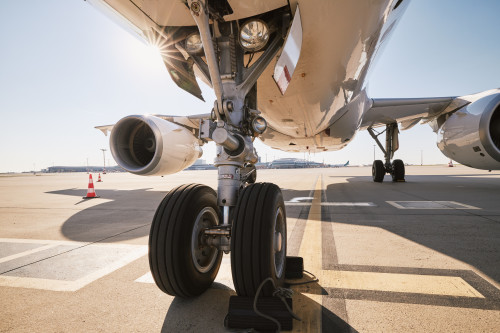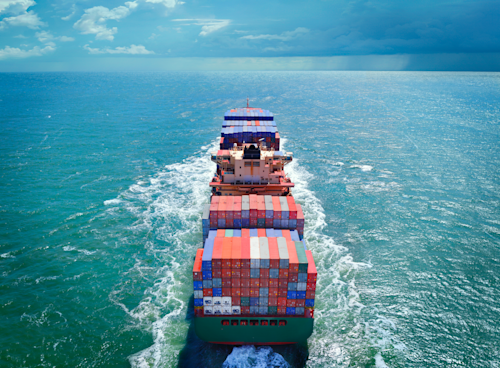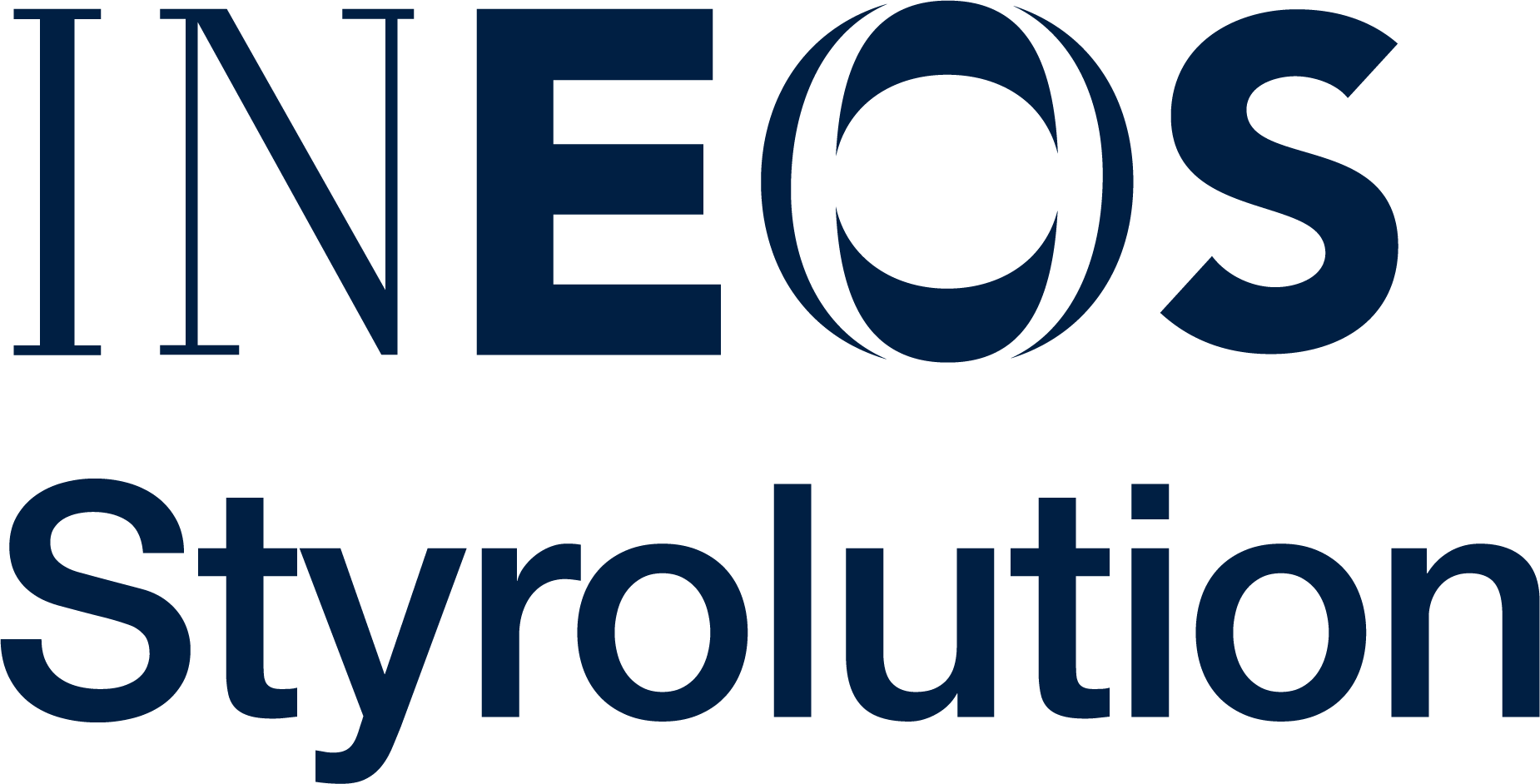Mass Transportation
Technological advances and societal changes have triggered a drastic evolution in mobility.
Alongside other trends, such as digitalisation, autonomous driving and shared mobility, electric mobility is also gaining momentum. Expansion of transportation alternatives can help to reduce greenhouse gas emissions and traffic congestion, air pollution, noise and dependence on oil.
Ultrapolymers offers a diverse product range of materials for helping the mass transportation industry to achieve all main targets in the decarbonisation process.
Key areas
- High-quality polymers for demanding mass transportation applications
- Wide range of OEM approvals from leading polymer manufacturers
- Sustainable solutions tailored to mass transportation requirements
- Materials with a focus on use in BEV (Battery Electric Vehicles) and Hydrogen as fuel
- CO2 emission reduction through weight reduction and more efficient renewable energy sources
- Local supply chain solutions to support specific needs
Market segments
Aerospace
Aviation is also facing decarbonisation challenges to achieve CO2 emission targets. To secure safe and cost-effective air traffic management services, it will be necessary to embrace the use of optimal and modern technologies as well as more direct routes so that less energy is used. Additional initiatives will be needed to boost the production and uptake of sustainable aviation fuels. Aircraft manufacturers are pushing innovation to find these renewable power sources. Electricity and hydrogen powered aircraft will be ready for commercial use before the end of the decade. Drones with vertical take-off and landing capabilities will reshape air transport within and between urban and rural. In this process of change our group can provide eco-friendly and green solutions for each application as well as high performance grades meeting the demanding requirements of aerospace standards.
Applications
- Seating components
- Instrumental panels
- Connectors
- Safety equipment
- Sensors
- Luggage compartments and interior designs


Aerospace
Aviation is also facing decarbonisation challenges to achieve CO2 emission targets. To secure safe and cost-effective air traffic management services, it will be necessary to embrace the use of optimal and modern technologies as well as more direct routes so that less energy is used. Additional initiatives will be needed to boost the production and uptake of sustainable aviation fuels. Aircraft manufacturers are pushing innovation to find these renewable power sources. Electricity and hydrogen powered aircraft will be ready for commercial use before the end of the decade. Drones with vertical take-off and landing capabilities will reshape air transport within and between urban and rural. In this process of change our group can provide eco-friendly and green solutions for each application as well as high performance grades meeting the demanding requirements of aerospace standards.
Applications
- Seating components
- Instrumental panels
- Connectors
- Safety equipment
- Sensors
- Luggage compartments and interior designs

Marine
Similar to aviation, maritime transport will face greater decarbonisation challenges in upcoming years, due to the current lack of market-ready zero-emission technologies, long development and life cycles of vessels. The use of more sustainable fuels in maritime transport will contribute to zero pollution to air and water from shipping and will be beneficial for sea basins, coastal areas and ports. A transition to cleaner energy sources and energy-efficient integrations are reducing the environmental consequences of the industry. Artificial intelligence (AI), big data and analytics, the Internet of Things (IoT), robotics, and blockchain are applied to various segments to improve operational efficiency. Key challenges such as the need to complete links with the rail network, ensure climate resilient infrastructure and renew barge fleets are tackled.
Applications
- Interior designs
- Connectors
- Battery components
- Safety equipment
- Windshields
- Metal replacement
- Lighting

Marine
Similar to aviation, maritime transport will face greater decarbonisation challenges in upcoming years, due to the current lack of market-ready zero-emission technologies, long development and life cycles of vessels. The use of more sustainable fuels in maritime transport will contribute to zero pollution to air and water from shipping and will be beneficial for sea basins, coastal areas and ports. A transition to cleaner energy sources and energy-efficient integrations are reducing the environmental consequences of the industry. Artificial intelligence (AI), big data and analytics, the Internet of Things (IoT), robotics, and blockchain are applied to various segments to improve operational efficiency. Key challenges such as the need to complete links with the rail network, ensure climate resilient infrastructure and renew barge fleets are tackled.
Applications
- Interior designs
- Connectors
- Battery components
- Safety equipment
- Windshields
- Metal replacement
- Lighting










